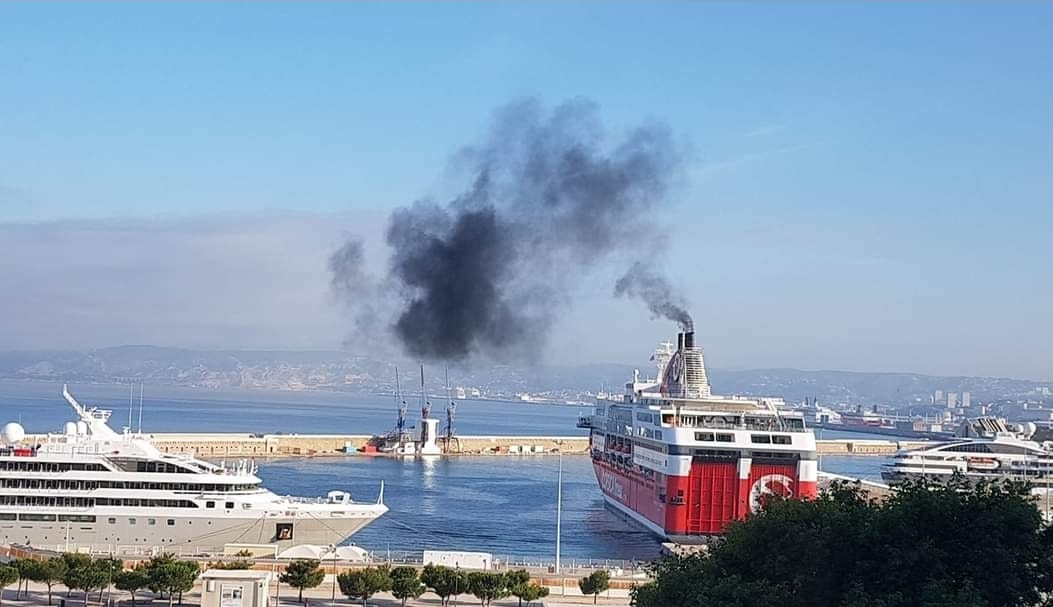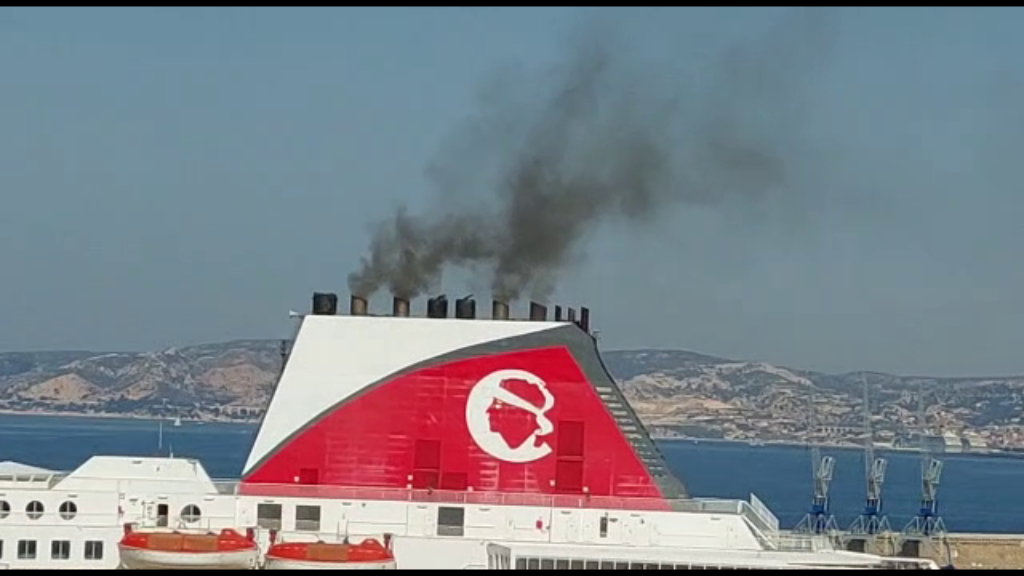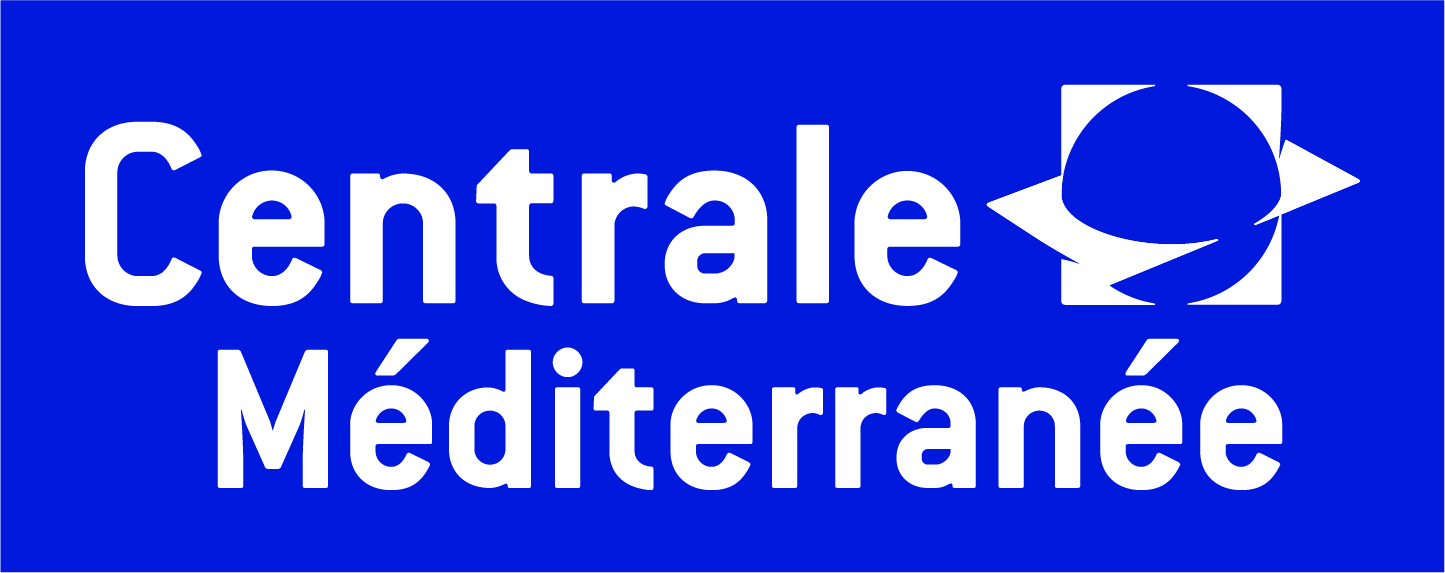Introduction
Emission from ships is one of the least-regulated anthropogenic emission sources of primary aerosols and pollutants (Chen 2018). It is particularly true in the Mediterranean where a lack of regulation (the Mediterranean is not in the Sulphur Dioxide Emission Control Aeras (SECAs) where ships have to use on board fuel oil with sulphur content up to 0.1%, against the limit of 1%) allows the ships to consume a fuel highly loaded with sulfur concentration up to 3.5%. It results a significant amount of pollutants emitted by ships during hotelling and maneuvering in ports that are usually close to the city center. Nearby inhabitants are then exposed to major nuisances with health potential effects. In this project we pay attention to situations of high port occupancy rate that are not well modelled by operational air quality forecast models most often based on averaged /weighted annuel emission inventories.
Methodology
The port traffic data is derived from the AIS data transmitted by the ships. These data give access to the position and the identifier of the ship from which it is possible to estimate the pollutant emissions with the help of EMEP type inventories. We have determined from weather local observations several meteorological scenarios corresponding statistically to the most frequent situations for each season. For each of these scenarios a micro-scale modeling (800m grid) is performed over the Marseille area using WRF. The transport and the chemistry of the pollutants are modeled by the WRF atmospheric chemistry module CHEM. These numerical simulations allow to compute the concentrations of the main pollutants SOx, NOx, PM10, PM2.5 to which the neighboring populations are exposed. It is also possible to simulate the impact on air quality of the use of different fuels by LNG ships, electricity, ....

Recent articles and communications
- Chevet, E. et al, Modelling of air pollution due to marine traffic in Mediterranean coastal cities, SSTT Nisyros Island, 14-17 July 22.
Contributors
- Senior researchers: F. Anselmet (CNRS IRPHE).
- PhD students: E. Chevet.


